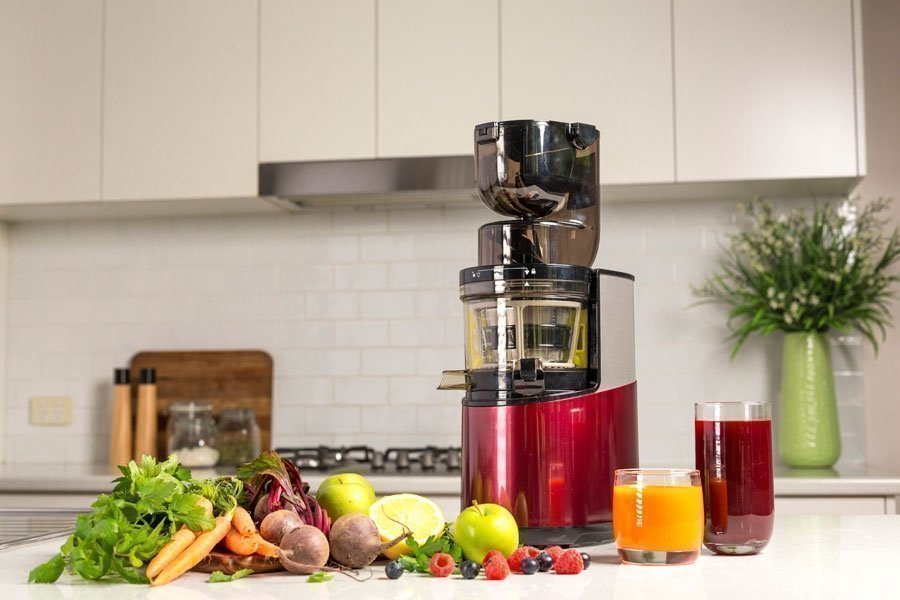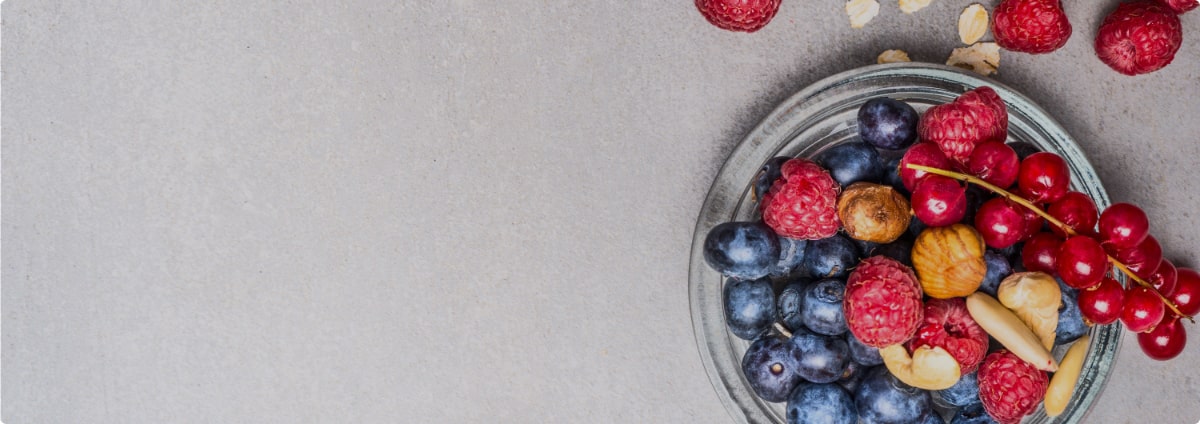Vitality 4 Life uses cookies to provide and improve our services, if you continue browsing, we consider that you accept its use. For more information, please see our privacy page.
-
08,August,2019Read More
Well we certainly can’t live without it. We can live without food for up to five weeks but we can only live without water for up to 5 days. In today’s world we cannot be certain exactly what is in the water we drink from the tap, or even the bottled water we buy. Is it pure water? What exactly is in our tap water and is it good for us?

In order to kill off harmful bacteria and other microorganisms to make clean water our drinking water is treated with a large number of chemicals. Along with these chemicals your water can contain toxic metal salts, hormones and pesticides, lead and more.
Chemicals typically found are:
- Chlorine
- Fluorine compounds
- Trihalomethanes (THMs)
- Arsenic, Radium, Aluminum, Copper, Lead, Mercury, Cadmium, and Barium
- Hormones and Pharmaceuticals
- Nitrates
- Pesticides
Chlorine
According to Medical College of Wisconsin research team “The addition of chlorine to our drinking water began in the late 1800s and by 1904 was the standard in water
-
Categories: Holistic Exercise, Living Juice, Pure Water, Living Food, Food Dehydrator Reviews, Blender Reviews, Juicer Reviews, Healthy Lifestyle03,January,2019Read More
People have been failing at their New Year's Resolutions for 4000 years. What makes me think I could do any better? It's been three days and I have already failed. At least back then the Babylonians were offering their resolutions up to God in the hope of improving the crop. Now we just offer them up to ourselves or our nearest and dearest who have no choice but to listen and nod along. But what do we get in return?

When looking at the top new year's resolutions I mostly notice this.. we have to give up, quit, try harder, be better, look better and on it goes. I think if we were going to do these things we would have already done them. Its just too hard especially with a hangover. I don't know about you but if someone or even myself tells me to do something, I just don't want to do it. It's the latent toddler in all of us. So by the time we get to the second week, or day in my case, of January, we start thinking 'bugger it' and go back to normal wishing we hadn't told anyone. And what we are left with is a little bit of guilt and self loathing. Perfect start to the New Year.
I like the old saying 'one day at a time' it's perfect for this time of year and any other. Instead of saying I must lose 10 kg this year to feel better about myself. Maybe just one day start the day with a cleansing juice and go for a walk
-
Read More
Adsorption: Adsorption is a chemical process in which an ionic filter media is use. The filter attracts water contaminants and encourages these contaminants to break their bond with the water molecules.
Alachlor: Alachlor is an odorless, colorless solid, used as an herbicide for grasses and other broadleaf plants. Ingestion of Alachlor in drinking water can increase risk of cancer and cause liver and/or kidney damage.
Atrizine: Atrizine is a white, solid crystalline compound. It is currently the most widely used pesticide chemical. Ingestion of Atrizine can cause cancer and damage the cardiovascular system.
Benzene: Benzene is a colorless, aromatic liquid that is widely used in producing rubber, plastics, and other synthetic materials. Ingestion of Benzene can lead to cancer and/or chromosome aberrations.
Chlorine: Chlorine is a yellowish, poisonous gas with a pungent odor, widely used as a disinfectant in drinking water. Ingestion of chlorine can lead to bladder, rectal, and/or breast cancer.
Cryptosporidium: Cryptosporidium is a protozoan microbiological contaminant that is resistant to the disinfecting capabilities of chlorine. Ingestion of cryptosporidium generally leads to gastrointestinal illness.
Cysts: Cysts are chlorine-resistant microorganisms. When ingested in drinking water, they most commonly cause gastrointestinal illness, accompanied by vomiting, diarrhea, and cramps.
Lead: Lead is a metal contaminant that occurs in drinking water as a result of the corrosion of pipes in a plumbing system. Ingestion of lead can cause severe developmental delays in children and kidney failure and/or stroke in adults.
Lindane: Lindane is a white, crystalline powder that is commonly used as a chemical in pesticides. Ingestion of Lindane can result in liver and/or kidney damage.
-
25,April,2013Read More
Dr Norman Walker teaches his guiding principles through his books: Fresh Vegetables & Fruit Juices, Natural Way to Vibrant Health, Become Younger, Water Can Undermine Your Health, Colon Health, Natural Weight Control and Vegetarian Guide to Diet & Salad.
Dr Norman W. Walker (1886-1985) is recognised throughout the world as one of the most authoritative students of life, health and nutrition. For almost 75 years, Dr. Walker has researched man's ability to live a longer, healthier life. He is his own example of achieving vibrant health through proper thought, diet and body care.
Dr Norman Walker, who lived to the very ripe age of 99 years, is known globally as the trail-blazing raw foodist of the modern era. His books are a must for either the novice or the devoted health seeker. We have selected what we consider to be his best books, and offer them individually, or in a set of seven for a special price.
"As a natural health practitioner I read health related books constantly. In particular I love the work of Dr. Norman Walker. I have read all his books and find them easy to read and very informative. I have on regular occasions loaned out these books to clients. As part of my natural therapies I utilize colon hydrotherapy and I have found Dr. Walker's COLON HEALTH book particularly good for clients to read before having colonic irrigation so they are more informed. The FRESH VEGETABLES AND FRUIT JUICES book is great as an adjunct to any clients who are using one of the Vitality 4 Life juice extractors I recommend and sell. My personal favourite book is Dr. Walkers VEGETARIAN GUIDE TO DIET AND SALAD, as I love how he speaks on the benefits of proper food combining and advocates the benefits of colon therapy. Although each individual should seek medical advice for any health issues, the Walker books contain great information that would benefit any person seeking
-
01,June,2012Read More
Reprinted with permission from Fitness Plus Magazine, December 2002
The importance of “healthy water” and where to get it may very well be the most beneficial health information any of us can learn. The simple fact that our body is over 70% water, tells us how extremely important its quality is.
Without an abundant intake of healthy, chemical free water… every other wellness effort is to a large degree in vain.
While every health and wellness expert will agree on the importance of “healthy water”, most have different opinions on its definition and source. The fact is that it’s no longer a matter of opinion. There’s now enough credible scientific data on the subject for a logical and reasonable conclusion.
The healthiest water doesn’t come from your tap, doesn’t come in a bottle, it doesn’t come from distillation or reverse osmosis… it comes from “selective filtration”.
All tap water in America contains trace levels of synthetic chemicals, heavy metals, parasites and/or chlorination by-products that pose significant health risks. We can either filter out these poisons prior to consumption, or we force our body to become the filter. Many have switched to bottled water under the false assumption that its’ purity is assured to be better than tap.
The truth is that bottled water is only required to be “as good as” tap… not better.
And the Federal guidelines that govern bottled water quality only apply if it is transported across state lines. Most bottled water is bottled and sold within the same state in order to avoid regulation. It’s an industry built on deception. Bottled water is currently the fastest growing and most profitable segment of the entire beverage industry. “Companies that market bottled water as being safer than tap water are defrauding the American public.” U.S. FDA
The old
-
09,May,2012Read More
Unfortunately chlorine and lead is present in everyone's water, however there are also traces of pesticides, herbicides, industrial solvents and bacteria. The bad news is almost every chemical we use in our society works its way into our water supplies.
What people are not aware of is that municipal water treatment does not take those contaminants out. The treatment only kills certain bacteria and removes the visible particles, it does not take out synthetic organic chemicals, this needs to be done in our own homes.
What can these chemicals do to our bodies?
Synthetic organic chemicals increase the risk of degenerative disease and cancer. Almost all types of cancer are linked to increased exposure to synthetic organic chemicals such as pesticides, herbicides, chlorine and trihalomethane, which are added when chlorine is put in to our water. Colon cancer, bladder cancer and breast cancer have all been directly linked to an increased consumption of synthetic chemicals.
What to do…
Bottled water?
Bottled water does not necessarily mean that you are getting chemical free water and the common misconception is that bottled water is purer than tap water. There are fewer regulations governing bottled water than tap water and most studies show that bottled water contains most of the chemicals that tap water does. Furthermore, any liquid that is stored in a plastic bottle is going to contain some of the chemicals from the plastic that leach into the water, which some studies have shown contain carcinogenic properties.
The environmental consequences of bottled water are tragic and statistics show that 60 million plastic bottle are thrown into landfills every day in America alone, where it takes thousands of years for the plastic to decompose. Filtering your water in your own home and decanting it into environmentally friendly glass or stainless steel reusable bottles can not

















